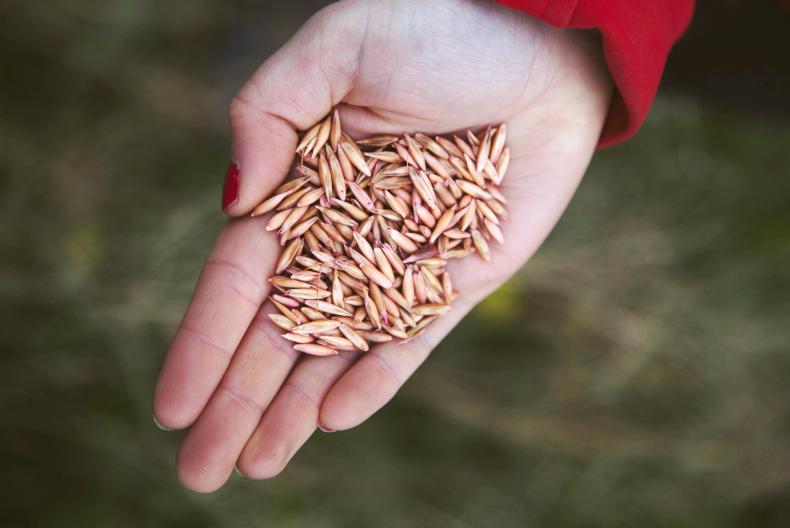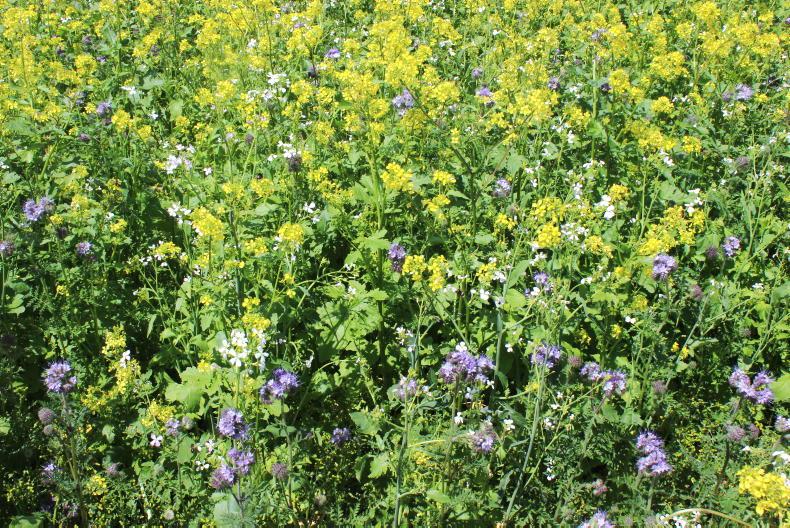All farmers should be aware of the rules surrounding the use of farm saved seed (FSS). These rules apply to seed used for wild bird cover also. FSS is legally defined as seed planted on a farmer’s own holding using material harvested from that holding.
The regulation of the use of FSS in Ireland is governed by SI No.273/2007. Royalties at the rate of 50% of the sum charged for certified seed are payable on all FSS used by a grower. This applies whether the seed has been processed by a processor or not.
It is illegal to sell or barter home-saved seed. Royalties must be paid to the Plant Royalty Development Office (PVDO).
The PVDO have inspectors on the road and farmers may be prosecuted in court and fined in line with SI No.273/2007 if they are found to be breaking these rules.
Fertiliser spreading
Many farmers are wondering if they should spread fertiliser or not during the dry spell. Patrick Forrestal from Teagasc says the main fertiliser loss pathways, such as run-off and denitrification, are not active during dry weather.
For nitrogen (N), the volatilisation loss (gaseous loss) pathway will be more active, but this is only of minor importance for non-urea N.
“The main issue is likely when it starts to rain again; if it begins to moisten up gradually and the rainfall infiltrates, there is not likely to be major loss. However, if the rain comes rapidly and does not infiltrate well into the dry soil, run-off loss on sloping land is a possibility,” says Patrick.
If a farmer had spread ammonium nitrate, P or K fertiliser, they should not be overly worried, as the main loss pathways are not active.
“However, run-off on re-wetting is a possible risk for sloping fields. Ideally, to maximise efficiency for N and P particularly, we would like to be applying them close to the time of high crop uptake,” explained Forrestal.
In practical terms, a farmer will have to balance waiting against his workload and ability to get out and spread when it starts raining again.









SHARING OPTIONS